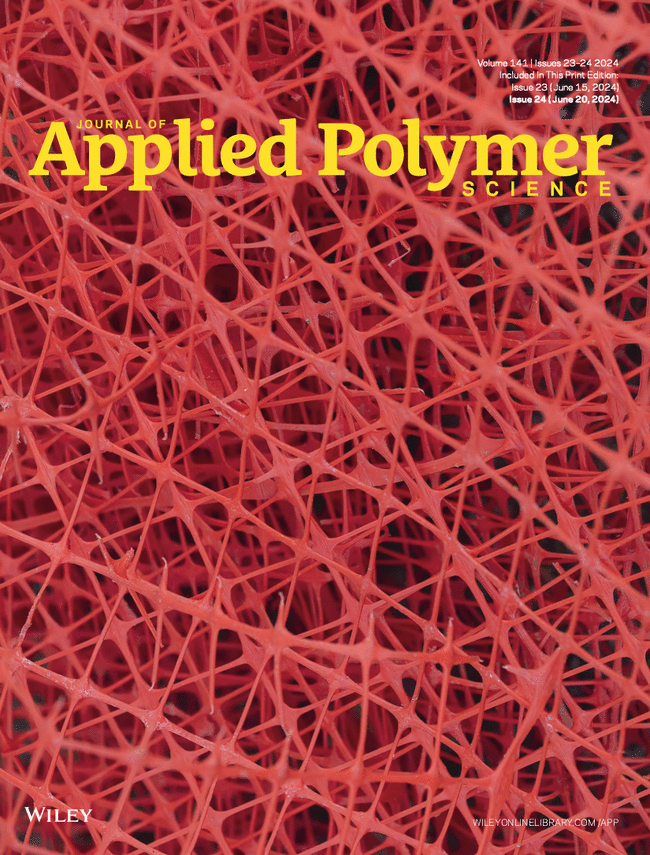Smart Self-Healing Bituminous Material Modified by Shape Memory Polymer of Polynorbornene
Abstract
Shape memory polymers can be used to improve the self-healing capability of materials. The aim of this work is to investigate the physicochemical characteristics and self-healing capability of bituminous material blending with the shape memory polymer of polynorbornene. FT-IR results indicated the presence of chemical links between functional groups between polynorbornene and bitumen. The ultrathin slice SEM image of the blend showed that polynorbornene and bitumen were compatible. The DSC curve of the blend sample only had one absorption peak, indicating their partially compatibility. The blending of polynorbornene dramatically increases bitumen's thermal stability, raising the bitumen blend's decomposition temperature to 320°C. The tensile strength of the blends at the same temperature also increases sharply. The change results in physical parameters indicated that the polynorbornene addition had increased the hardness and thermal stability of the blends. Rheological tests also demonstrated that adding the polynorbornene significantly increased the complex shear modulus (G*) values of blend samples, indicating that under the same temperature conditions, the polynorbornene significantly improved the deformation resistance of bitumen. The test results of deformation recovery capability indicated that the blends possessed rapid shape memory function. The excellent shape memory function of polynorbornene endowed bitumen with a multi-self-healing capability enhancement.


 求助内容:
求助内容: 应助结果提醒方式:
应助结果提醒方式:


